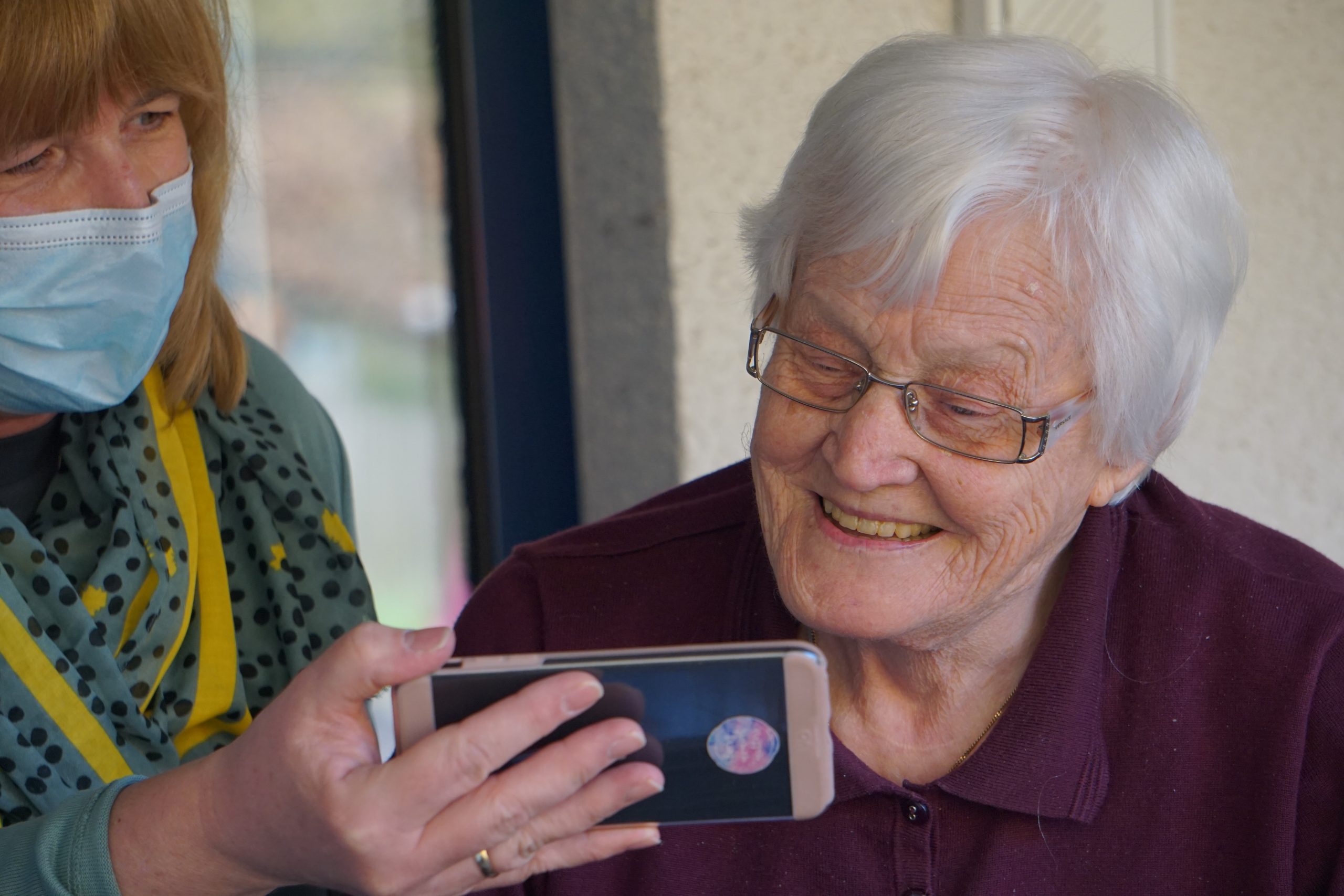From 1 December 2022, the Serious Incident Response Scheme (SIRS) will be extended to home care and flexible care delivered in a home or community setting.
Are you a home care provider preparing to implement the SIRS in your service? Read on to understand how these new obligations will apply to you.
What is the SIRS?
We have previously discussed the SIRS in an earlier blog post. The SIRS was introduced in the residential aged care setting on 1 April 2021, and was developed to ensure incidents of abuse and neglect of older people in residential care are appropriately dealt with and prevented. To learn more about the SIRS, click here to read our blog post from 2021.
New legislation has been introduced to extend the operation of the SIRS to home care and flexible care delivered in a home or community setting. This includes providers of Home Care Packages, CHSP services and flexible care services through which short-term restorative care is provided in a home care setting.
The concept of the SIRS remains largely similar, however there are some key differences in how the scheme will operate in the home care context.
The legislation is currently in draft form, so please note that the following advice is subject to change.
What is required of providers?
From 1 December 2022, providers of home and flexible care must have an incident management system in place, and inform the Aged Care Quality and Safety Commission (the Commission) if a reportable incident occurs.
What is a reportable incident?
A reportable incident is:
- an incident that has occurred, or is alleged or suspected of having occurred, in connection with the provision of care to a consumer;
- the incident has caused harm, or could reasonably have been expected to have caused harm, to a consumer; and
- the incident is one of the following types of incidents:
- unreasonable use of force
- unlawful sexual contact or inappropriate sexual conduct
- psychological or emotional abuse
- unexpected death
- stealing or financial coercion
- neglect
- inappropriate use of restrictive practices, or
- missing consumers.
For home services, this may include any incidents:
- resulting from the action (or inaction) of a staff member of the provider (including subcontracted individuals or organisations, those managing care coordination, administration, etc. and volunteers),
- that occur while care and services are being delivered to a consumer.
Classifying incidents (Priority 1 vs Priority 2)
All actual, suspected or alleged reportable incidents must be reported to the Commission. Incidents will fall into categories: Priority 1, or Priority 2.
Priority 1
A Priority 1 reportable incident is a reportable incident:
- that caused, or could reasonably have been expected to have caused, a consumer physical or psychological injury or discomfort that requires medical or psychological treatment to resolve
- where there are reasonable grounds to report the incident to police
- involving unlawful sexual contact or inappropriate sexual conduct inflicted on a consumer
- that is an unexpected death of a consumer, or
- where a consumer goes missing in the course of provision of home services.
If you become aware of a reportable incident and have reasonable grounds to believe it is Priority 1 reportable incident, you must notify the Commission within 24 hours of becoming aware of the incident.
Priority 2
A Priority 2 reportable incident is any reportable incident that does not meet the Priority 1 criteria as described above.
All Priority 2 reportable incidents must be notified to the Commission within 30 calendar days of becoming aware of the reportable incident.
So, how does SIRS in the home care/flexible care setting differ from the residential setting?
As mentioned, many of the SIRS requirements for home/flexible care are consistent with the existing SIRS regime that applies to residential care. However, there a couple of key differences in the new application of SIRS for home care that you should note.
Additional reportable incident: missing consumer
The new legislation includes an additional type of reportable incident, to cover occurrences where:
- a care recipient goes missing in the course of a provider providing home care, or flexible care provided in a community setting, to the care recipient; and
- there are reasonable grounds to report that fact to the police.
The phrase ‘in the course of providing … care’ is significant; this definition is intended to capture situations where a provider has the consumer in their physical care immediately prior to the consumer going missing.
This definition is not intended to require providers to report to the Commission where a staff member arrives for a scheduled visit and the consumer is not present, or where a consumer leaves their home while home maintenance services are being provided, as an example.
Different definition of unexpected death for home care
The circumstances in which home care providers are required to report unexpected deaths are more limited than in residential care.
Home care providers will be required to notify any death where the provider (including staff and health professionals engaged by the provider):
- made a mistake resulting in death; or
- did not deliver care and services in line with a consumer’s assessed care needs, resulting in death; or
- provided care and services that were poorly managed or not in line with best practice, resulting in death.
This definition differs from the definition used in residential care. This difference acknowledges that home care providers have limited control and visibility over a consumer’s day-to-day living circumstances when compared to residential care settings. Home care providers may not become aware of a consumer dying until some time after the death occurs and may never be aware of the circumstances of their death.
Providers are not required to notify the Commission of the death if the cause of death was unrelated to the care or services provided by the provider or a failure by the provider to provide care and services.
Different definition of inappropriate use of restrictive practice for home care
The new legislation states that the use of a restrictive practice in the course of providing home care or flexible care in a community setting is not a reportable incident if:
- the restrictive practice is used in the course of providing home care or flexible care in a community setting; and
- before the restrictive practice is used, the following matters were set out in the care and services plan for the care recipient:
- the circumstances in which the restrictive practice may be used in relation to the recipient, including the recipient’s behaviours of concern that are relevant to the need for the use;
- the manner in which the restrictive practice is to be used, including its duration, frequency and intended outcome; and
- the restrictive practice is used:
- in the circumstances set out in the plan; and
- in the manner set out in the plan; and
- in accordance with any other provisions of the plan that relate to the use; and
- details about the use of the restrictive practice are documented as soon as practicable after the restrictive practice is used.
This differs from the rules for residential care, where use of restrictive practices must be documented in a behaviour support plan.
The residential care environment is different to the operating environment of home care or flexible care provided in home or community settings, where care recipients generally have greater autonomy and less complex requirements. In the home care setting, a behaviour support plan may not be required.
However, providers of home care and flexible care delivered in a home or community setting must still implement a care and services plan for each care recipient that satisfies the requirements set out in the Aged Care Quality Standards.
Exception: incidents of neglect in the home care setting which are not a reportable incident
Despite neglect being a reportable incident under the Aged Care Act, the new legislation provides for circumstances in which certain incidents in the home/flexible care setting are not reportable incidents under the SIRS. An incident is not a reportable incident if:
- the incident occurred, is alleged to have occurred, or is suspected of having occurred, in connection with the provision of home care, or flexible care provided in a community setting, to a care recipient; and
- the incident results from a choice made by the care recipient about the care or services the provider is to provide to the care recipient, or how the care or services are to be provided by the provider; and
- before the incident occurred, is alleged to have occurred, or is suspected of having occurred, the choice had been communicated by the care recipient to the provider, and the provider had recorded the choice in writing.
This amendment reflects feedback received by the Commission that home care/flexible care recipients should be able to maintain choice and autonomy over their living situation. The home care or flexible care provider must have recorded the choice that the care recipient communicated to them in writing before the incident occurred, and must also be satisfied that the care recipient has the capacity to make this decision.
Summing up
We hope our overview has helped you get up to speed on these new home care requirements.
We recommend providers take a look at the full draft Serious Incident Response Scheme Guidelines for providers of home services for more thorough guidance on the Scheme.

